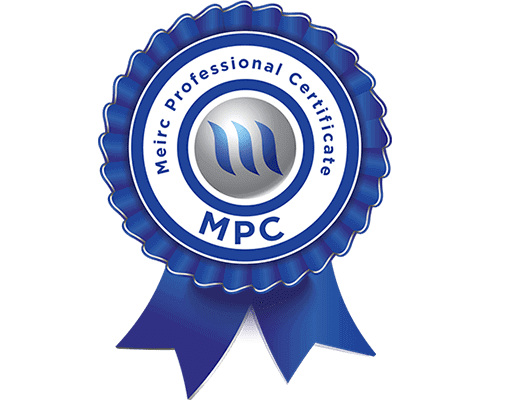- 10 - 14 May, 2026
- English
- Dubai
- Venue to be assigned

Certified Accounts Receivable Professional
Why Attend
A sizable share of a company's working capital is tied up in Accounts Receivable (AR), posing a high liquidity risk. In this course, we expand your knowledge and expertise in AR. This will enable you and your organization to manage your accounts receivable effectively without compromising your credit sales.




